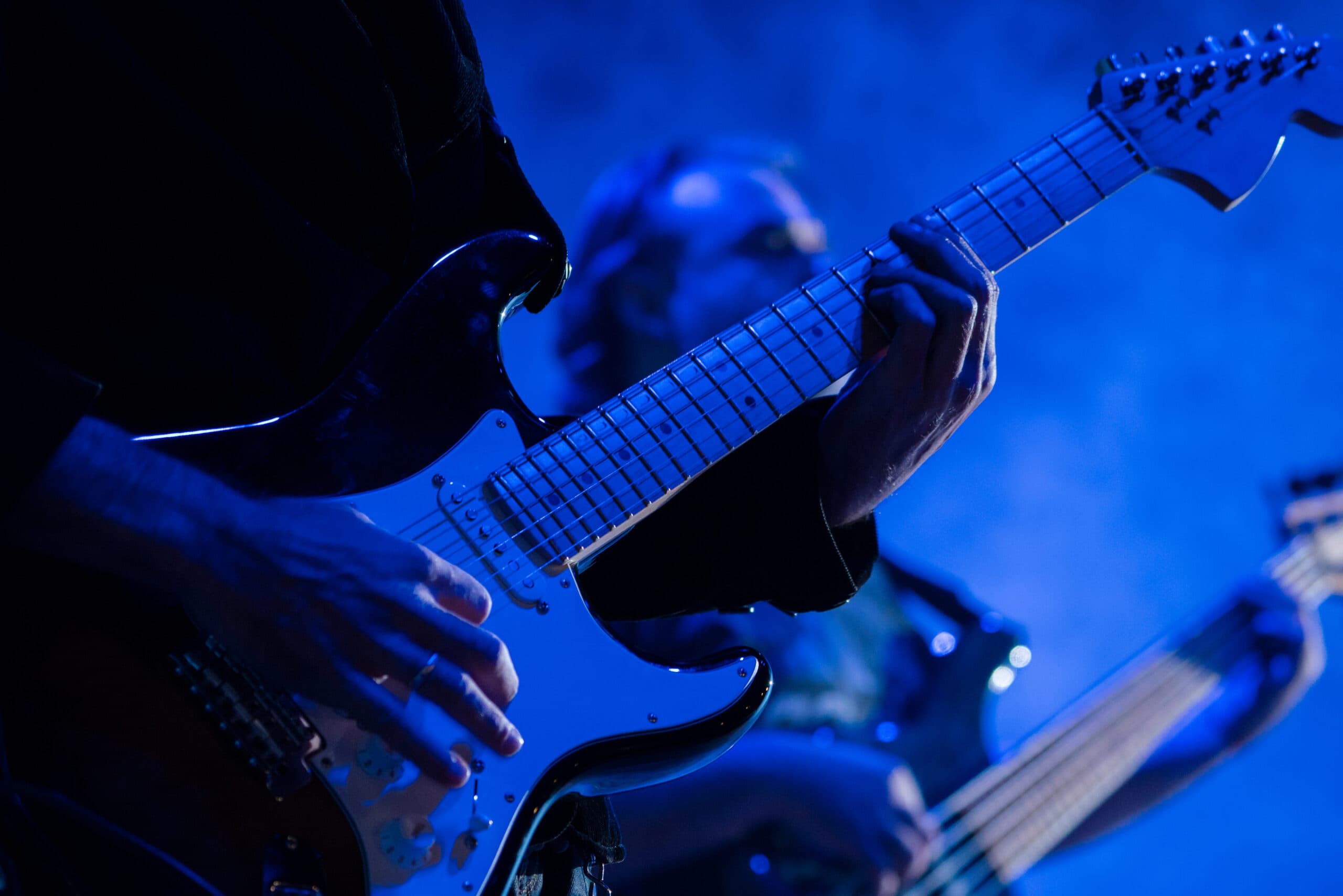The double-edged sword of working in the music industry is that your livelihood can damage your hearing over time, making it hard to do your job. Prolonged exposure to sounds louder than 85 decibels (dB) may lead to permanent hearing loss, making it difficult to pick out pitches, tones and harmonies.
According to a study, musicians are four times more likely to develop hearing loss and 57% more likely to experience tinnitus than the general public. Understanding why can help you take preventative measures to protect your ears and continue to perform.
How Loud Music Damages Hearing Over Time
Working in environments with loud sounds increases your risk for noise-induced hearing loss (NIHL). That condition occurs when the hair cells in your inner ear sustain damage, affecting their ability to convert sound waves to electrical signals. Those cells can’t be repaired, so your brain receives fewer auditory signals, requiring it to work harder to interpret sounds.
Live performances, rehearsals and studio sessions can reach the following decibel levels:
- Rock concert: 110 to 120 dB
- Orchestra performance: 85 to 105 dB
- Small ensemble rehearsal: 85 to 95 dB
- Mixing session: 70 to 85 dB
- Vocal recording: 70 to 90 dB
- Tracking session: 90 to 110 dB
Common Signs of Hearing Loss in Musicians
General hearing loss symptoms:
- Difficulty hearing in noise
- Ringing or buzzing in your ears (tinnitus)
- Muffled sound perception
- Asking others to repeat themselves or speak up regularly
- Increasing volume on TVs, radios and listening equipment
- Social withdrawal
- Mental fatigue
Hearing loss symptoms specific to musicians:
- Missing harmonies and high-frequency melodies
- Issues with pitch perception
- Difficulty tuning your instrument
- Increased reliance on visual cues to stay on tempo
- Mental overwhelm or physical discomfort following noise exposure
Preventative Measures to Protect Your Hearing
Wear hearing protection: Custom earplugs and in-ear monitors (IEMs) regulate the ambient sound volume to protect your ears. They’re effective for rehearsals and performances and come with different filters and features so you can adjust them to suit your needs. Foam earplugs provide a quick fix but won’t fit your ears as snugly or block sounds as effectively as custom alternatives.
Take listening breaks: It’s important to give your ears a rest if you’ve been playing or working in a noisy environment for an extended time. Doing so helps your auditory system recover from the exposure and gives your brain a much-needed break, too. Follow the 60/60 rule when using headphones or listening to music: Listen to audio at no more than 60% volume for 60 minutes at a time.
Monitor sound levels: Be aware of your auditory surroundings by tracking decibel levels with an app or decibel meter. That insight can guide your efforts to protect your hearing, which may require distancing yourself from sound sources or rotating your rehearsal schedule.
Control your acoustic environment: Install foam panels in rehearsal and performance spaces to dampen mid and high frequency sounds and bass traps to control low-frequency buildup. Curtains, drapes and furniture are also effective for absorbing sound and reducing echo.
Schedule an annual hearing test: Getting regular hearing tests helps your audiologist track symptoms and identify changes quickly. That allows for earlier intervention so you can preserve your hearing and take preventative measures like investing in hearing aids or custom earplugs.
The Role of Custom Hearing Protection for Musicians
Musicians’ earplugs and IEMs are specifically designed to reduce sound evenly across all frequencies. That prevents the acoustic distortion you could experience with disposable earplugs, which can affect your ability to perform.
Benefits of using musicians’ earplugs include:
- Preserved sound quality
- Custom fit
- Minimized ear strain
- Multiple filter options
- Reusable and durable
IEMs are crucial for live performances because they:
- Block ambient stage and crowd noise
- Deliver a custom audio mix
- Provide personalized controls
- Enhance listening focus
- Control sound volume
Prioritizing Hearing Health in Your Music Career
Taking steps to reduce your exposure and getting your hearing tested will help you protect your ears so you can continue to do what you love. Awareness is essential, so take the time to assess your acoustic environment thoroughly and identify potential sound sources that could lead to hearing loss. Your employer is also obligated to monitor sound hazards and provide protection and adjustments to keep your hearing safe.
Find Custom Hearing Protection at Hearing Associates
Come to Hearing Associates for musicians’ earplugs and other custom hearing protection. Our expert team will assess your needs and performance requirements and create a pair of earplugs that optimize your listening ability and protect your hearing. Call 888-760-2032 or schedule your appointment online.


